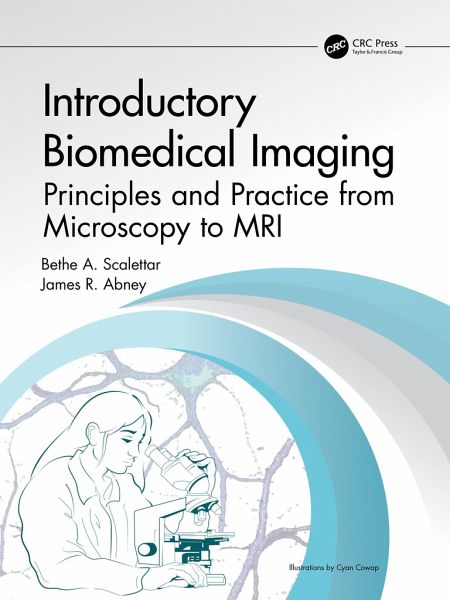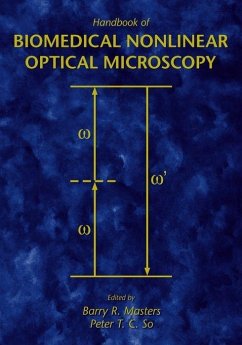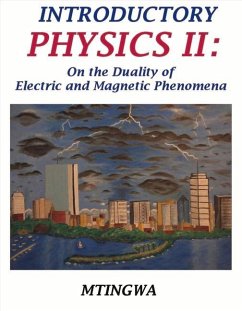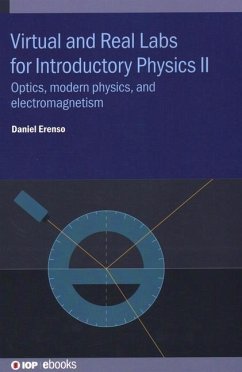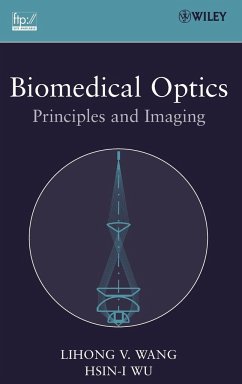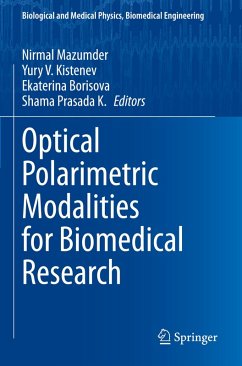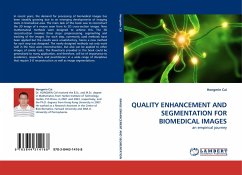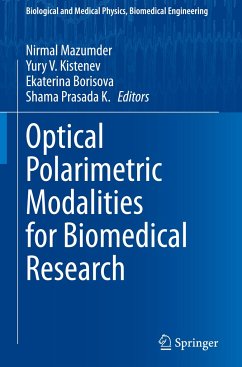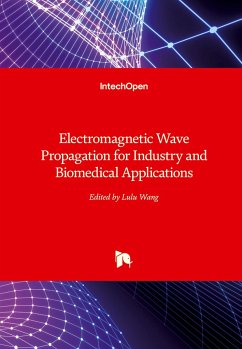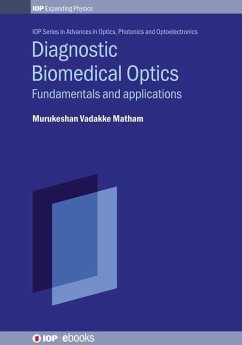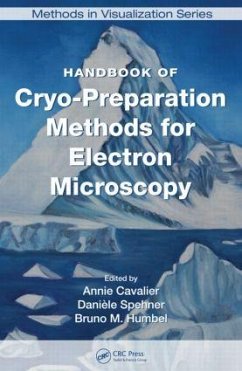Bethe A. Scalettar is a professor and chair of physics at Lewis & Clark College in Portland, OR. She joined the College in 1993 after receiving an undergraduate degree from the University of California at Irvine (majors, physics and mathematics), a PhD in biophysics from the University of California at Berkeley, and completing postdoctoral work at the University of California, San Francisco. Since arriving at Lewis & Clark College, Bethe's research and publications have focused primarily on elucidating the molecular basis of learning and memory, utilizing fluorescence microscopy as a primary tool. Bethe also has worked to enhance the interdisciplinary appeal of physics, most notably with the development of an undergraduate physics course entitled "Biomedical Imaging" and the writing of this supporting textbook. James R. Abney is an intellectual property attorney at Psi Star Intellectual Property LLC in Portland, OR. He began practicing law in 1997 after receiving undergraduate degrees in physics and biology from the University of California at Irvine, a PhD in biophysics from the University of California at Berkeley, completing postdoctoral work at the University of California, San Francisco, and earning a J.D. from Lewis & Clark College School of Law. Jim's research and publications, which have continued during his legal career, have focused on the use of biophysical, notably fluorescence-based, techniques to answer questions about cell structure and function. Jim's legal work has spanned multiple technologies useful in science and medicine, including scientific instrumentation (especially light sources, detectors, and optics), medical devices, and biotechnology.
